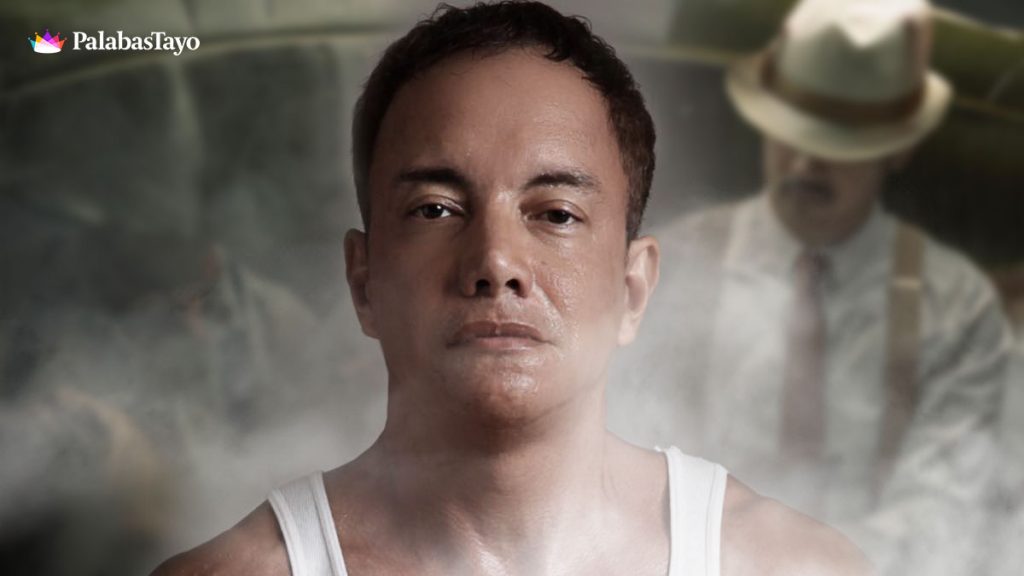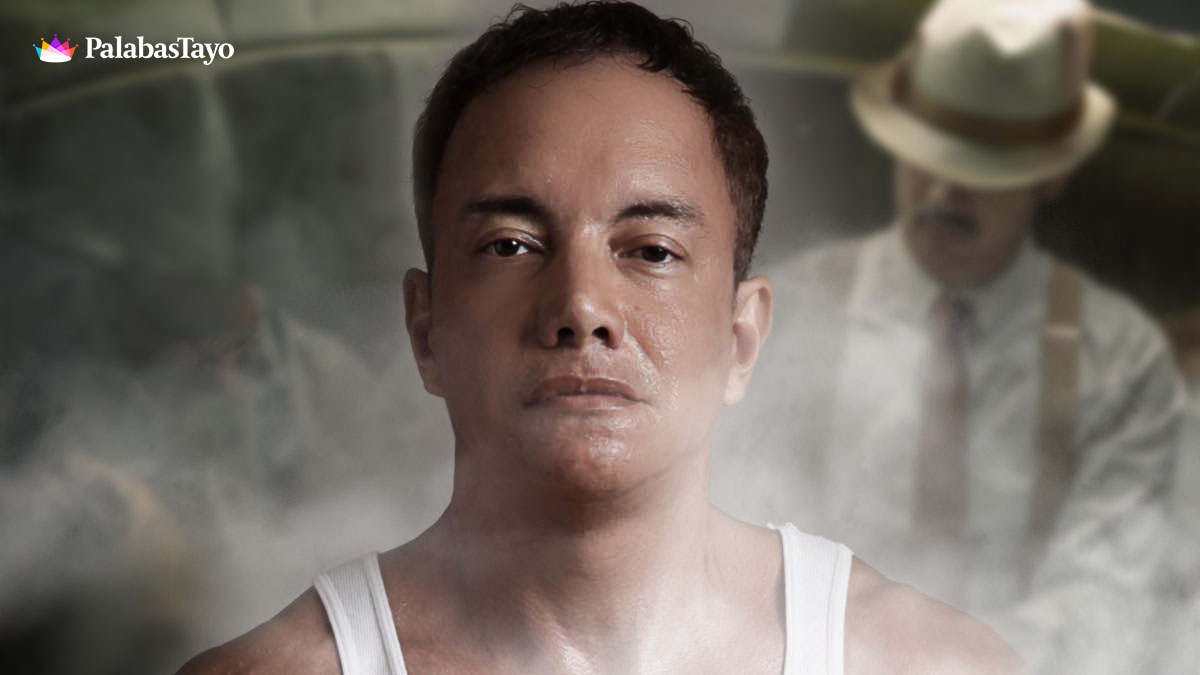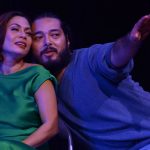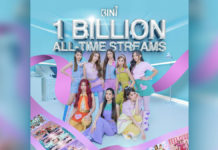In anticipation of Repertory Philippines’ opening of its latest offering “Anna In The Tropics”, PalabasTayo was given the rare opportunity to get personal insights and go unscripted with its director, Joey Mendoza. “Anna in the Tropics” is a 2013 Pulitzer Award-winning play written by Nilo Cruz. The play deals with the lives of tobacco rollers in Tampa, Florida, upon the arrival of a new lector. As the lector regales the workers with the tale of Anna Karenina as they go about their day, they begin to find their own lives begin to spin out of control in time with the cadence of his voice as he reads Tolstoy’s immortal story of love and loss.

PalabasTayo: In the story, for the tobacco workers who can neither read nor write, the Lector is made out to be the only way they can access ideas. In your opinion, is oral tradition, such as theatre, as a way of communicating ideas still relevant in preserving culture in the digital age?
Joey Mendoza: In general, yes, most workers of these factories were illiterate. But in this story, while they weren’t sophisticated, they were able to read and had some education as they were the owner’s factory. You are correct, however. Historically, majority of these workers couldn’t even read or write.
All the same, the story is about the transformative power of art (literature) and that it knows no economic background – common or aristocratic; rich or poor or, educational attainment, illiterate or scholarly. Art will affect your life and change it. In this story, it allows people to communicate their feelings, through the novel which would otherwise be kept unexpressed.
I saw Anna in the Tropics in 2003 and it was a game changer for me. It made me look at the art form in another way – not escapism anymore but an intermediary of facing our realities as a mirror to reflect the struggles and triumphs of the “real” world. I can affirm that theatre is most powerful that way. Digital age or no, theater is ART and it is live. What other art from incorporates so many disciplines all in one?
I think we are alienated at times with theater because we are not invested in the characters or it simply is just entertainment — hopefully, the audience will see themselves on that stage and see their lives reflected on that stage. I picked this play because it’s one of the better ones for actors of color.




PT: The play is primarily character-driven, and the story within the story spurs characters to action. Is the character of the Lector really that influential, or were the individual character progressions inevitable? How much of the story is effectively driven by the events of the book?
JM: Everyone in the play is essential. It is the Lector who is the reliable constant the audience can rely on. He is a savior, a liberator. He is the one all characters project their desires and passions on. He is the eager emissary for the arts – a celebrity brimming with generosity. This play is an allegory — a man in white descends to help a family with a book – this one Anna Kerenina – and they learn to understand sacrifice and the need to communicate with one another.
Back in the day, the cigar workers would listen to these stories – some even outside the factories craning through the open window under the blazing sun to be enraptured by the words that open their souls. Like a drop of water or an oasis in the middle of a desert – literature/art makes us dream, hope and reflect. It inspires. These are universal and timeless themes.
PT: What are the most unique and interesting parallels between the world of the play, and the world of Anna Karenina that you have discovered in the process of directing this piece?
JM: This is my directorial debut. While I have worked with many directors before and co-teach a class with one, top of the list has to be accepting that this is a collaborative enterprise and that everyone needs to have a voice and a stake in the process, or it isn’t worth it. It’s a delicate balance of allowing freedom but also keeping check that parameters are in order. We can’t have a meaningful rehearsal if voices are muted or stifled. It’s a risky endeavor that could lead to chaos – but I’d rather have organized chaos then have a bunch of robots up on that stage honoring my prescriptions. No thank you. Many lessons learned here – and like Anna in the Tropics and Anna Karenina, much sacrifice as well. This endeavor made me understand human nature and my understanding of power.
PT: Like how the Lector essentially weaves everybody’s fate, given the choice, which book would you read to the workers?
JM: The Lector doesn’t weave – he influences. He is only the messenger. I read a book in this process – or a play. It’s Nilo Cruz’s words. I hope in some small measure I inspired or opened a new outlook in my actors by making them interpret the play in their own image. My job is to listen and to raise a lantern and show them the way – although that is my own interpretation. How they get there is up to them – my job is to direct them to that place – providing them a space free of judgment. I can’t say it was easy, but it proves that we don’t need a tyrant to have some progress.
Repertory Philippines’ “Anna In The Tropics” is opening on March 13, 2002, and will run until April 5, 2020 at the Onstage Theater, Greenbelt 1, Makati City. Tickets are available through TicketWorld.
Click here for more stories like “Anna in the Tropics: Unscripted with Joey Mendoza”. Make sure to follow and subscribe to our social media accounts: Facebook, YouTube, Instagram, and Twitter.






















